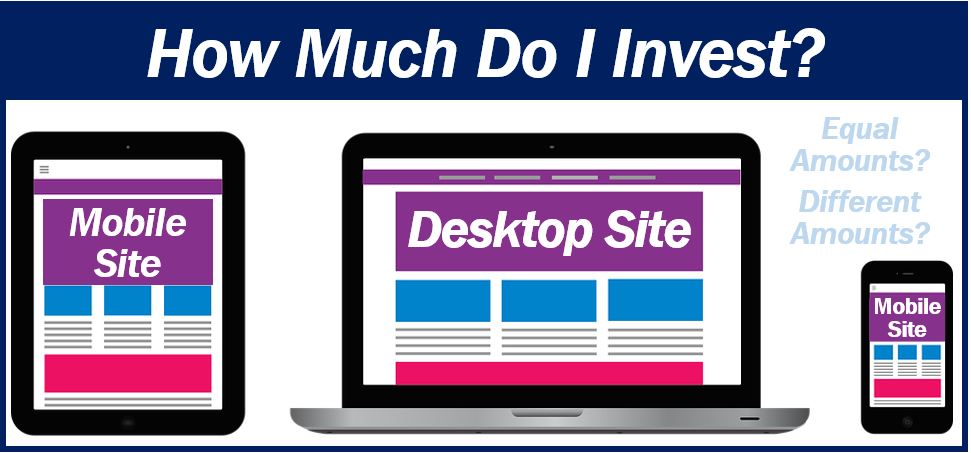The development of smartphone technology has meant that people have slowly shifted from using their laptops and desktop computers for everything to accessing the information and services they need on the go. The average smartphone user spends around four hours on their device every day, says Inc, and uses 40 apps a month, according to App Annie.
For consumers, this accessibility has been brilliant. What you’re looking for is rarely more than a few swipes and screen taps away. However, for online businesses, this is a big challenge. Online businesses have to decide if they should invest an equal amount of money into PC development and developing mobile apps.
Why More Online Businesses Are Looking at Mobile Apps
One of the biggest reasons why so many online businesses are looking at mobile apps is that it provides them with new, greater access to potential customers. Before, you may have had to plaster an advertisement for your business all over the internet using pay per click banner ads. You may have also had to pay to promote social media posts or spend a huge amount of money getting an influencer to sing your praises.
Mobile apps in the retail economy have helped with loyalty as it can be much quicker for a shopper to open an app than to load the site of a competitor. You can also offer targeted marketing, using data about how they’ve used the app to sell customers products they’ll really want. Push notifications are another option as they can tell customers about limited-time deals that they may not have known about unless they were browsing your site or on one of your official social media accounts.
How Important is it to Keep a 50/50 Split With Your Mobile and Web Development?
It’s hugely important not to put all your eggs in one basket as you risk alienating a group of your customers. Offering web services and a desktop site as well as a mobile app or a mobile-ready site allows you to appeal to the largest group of people possible. This split and the decision to put equal attention on the two platforms isn’t restricted to one industry, as online businesses in many industries have taken this approach.
 We’ve seen a lot in gaming, where a game developer or platform may have built its business by offering games for one platform, such as PC or consoles. World of Warcraft developer Blizzard made its name offering large RPG experiences on PC but it has grown to offer games like multiplayer shooter Overwatch on PC and consoles, while it is now developing a smaller version of PC dungeon crawler Diablo to appeal to more casual players on mobile devices. In the entertainment industry, some companies produce games that work across multiple platforms such as Betway Casino with examples of this being the Game of Thrones slot, the cosmic Starburst, and the dinosaur tie-in Jurassic Park. Making games in this way allows them to appeal to a wider customer base as they are more accessible.
We’ve seen a lot in gaming, where a game developer or platform may have built its business by offering games for one platform, such as PC or consoles. World of Warcraft developer Blizzard made its name offering large RPG experiences on PC but it has grown to offer games like multiplayer shooter Overwatch on PC and consoles, while it is now developing a smaller version of PC dungeon crawler Diablo to appeal to more casual players on mobile devices. In the entertainment industry, some companies produce games that work across multiple platforms such as Betway Casino with examples of this being the Game of Thrones slot, the cosmic Starburst, and the dinosaur tie-in Jurassic Park. Making games in this way allows them to appeal to a wider customer base as they are more accessible.
Another such company is Nintendo, which has begun to offer mobile games such as its new game Dr. Mario World as well as titles like Fire Emblem Heroes and Animal Crossing Pocket Camp. They continue to see consoles as their main demographic but are expanding into the mobile market allow them to appeal to new players who may not have enjoyed their games before.
Think About How Your Customers Access Your Product
Understanding a customer’s needs is crucial for any business, so researching into where your customers access your industry is important. Your customer may play mobile games but shop more on desktop, or shop more on mobile but use more productivity and professional software on their desktop. To find this out, perform a business analysis of your own company or your competitors.
The mobile industry is incredibly large and it’s growing, but many people still use online services and play online games on their desktop computers, so you may be limiting your business’ potentially by only looking at one of them.

